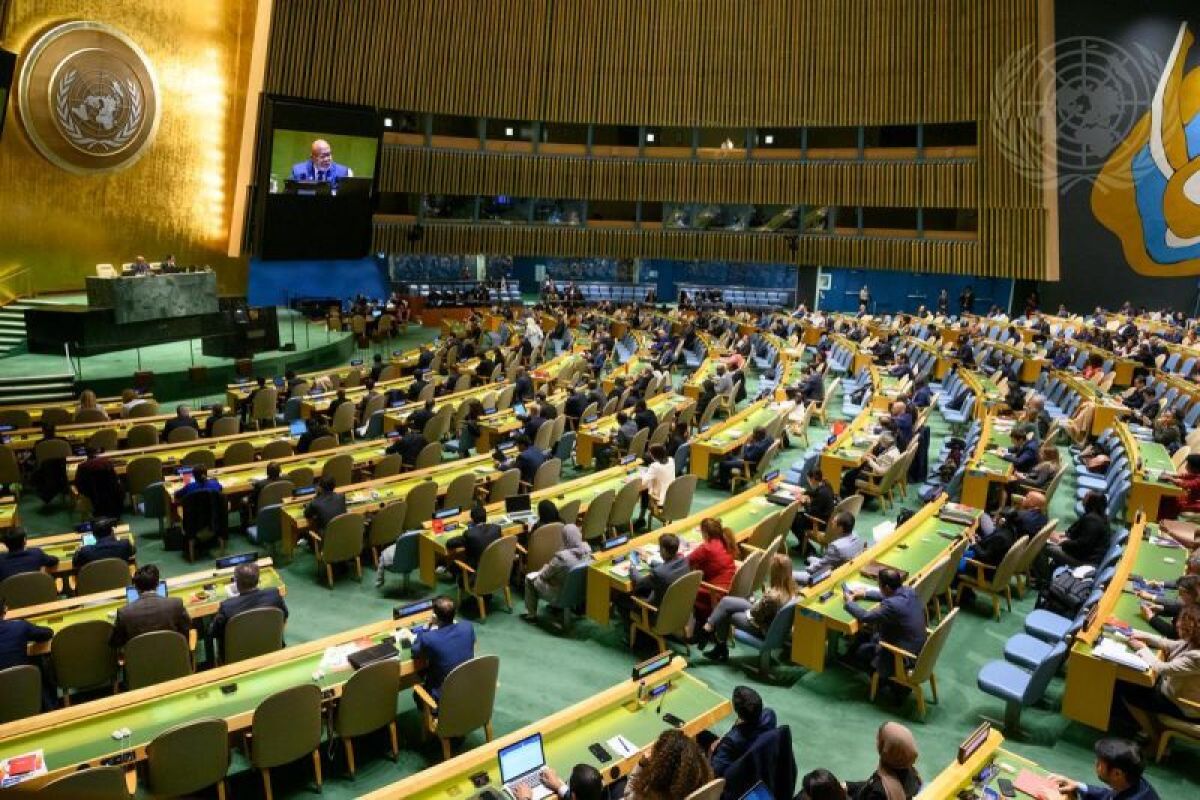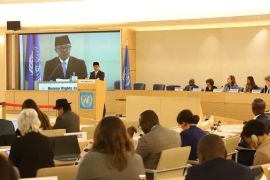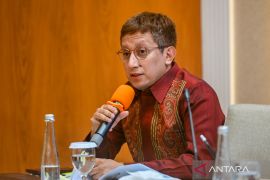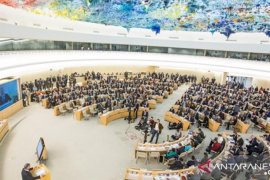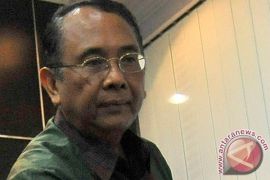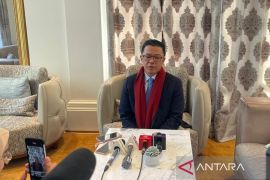Indonesia secured the most votes, at 186, from 192 UN member countries in a secret ballot, marking its sixth term on the council.
Indonesian Foreign Affairs Minister Retno Marsudi stated that this vote count was the highest that Indonesia had ever received in its history of candidacy for the UN Human Rights Council.
Indonesia had earlier served on the UN’s premiere human rights body in 2006-2007, 2007-2010, 2011-2014, 2015-2017, and 2020-2022.
“This showed trust in Indonesia to continue to advance human rights protection,” Marsudi stated in a press briefing broadcast on the Ministry of Foreign Affairs’ YouTube account.
Indonesia's theme for its membership in the council is “Inclusive Partnership for Humanity.”
Marsudi said that inclusive partnerships are important for humanity and the promotion of human rights protection.
She highlighted three priorities for Indonesia in carrying out its membership in the council.
First, to improve the capacity of countries in promoting and protecting human rights, especially through increased technical cooperation and capacity building.
Domestically, Indonesia will promote the strengthening of the implementation of the National Human Rights Action Plan (RANHAM), including the promotion of important issues, such as gender equality, the protection of children and women's rights, and the rights to health and development.
Second, to encourage intensive dialogue between countries and communities in the region. Cooperation with regional and global bodies will also be strengthened, she stated.
Third, to promote the implementation of the values of the Universal Declaration of Human Rights and to promote the strengthening of multilateralism with the principles of solidarity, inclusivity, and equality.
"Indonesia is consistent in ensuring human rights issues are not politicized," Marsudi stated.
The UN Human Rights Council is an intergovernmental body of the UN comprising 47 UN member states and is responsible for strengthening human rights' progress and protection throughout the world, dealing with situations of human rights violations, and making recommendations in this matter.
Its members are elected via secret ballot by majority of the General Assembly members. The council seats are distributed among regional groups of states: 13 each for Africa and the Asia-Pacific, six for Eastern European, eight for Latin American and the Caribbean, and seven for Western European and others.
Indonesia will commence its term of office in the council starting January 1, 2024, along with other countries, including Kuwait, Japan, China, Cuba, Brazil, the Dominican Republic, Peru, the Netherlands, and France.
Reporter: Shofi Ayudiana
Editor: Azis Kurmala
Copyright © ANTARA 2023
